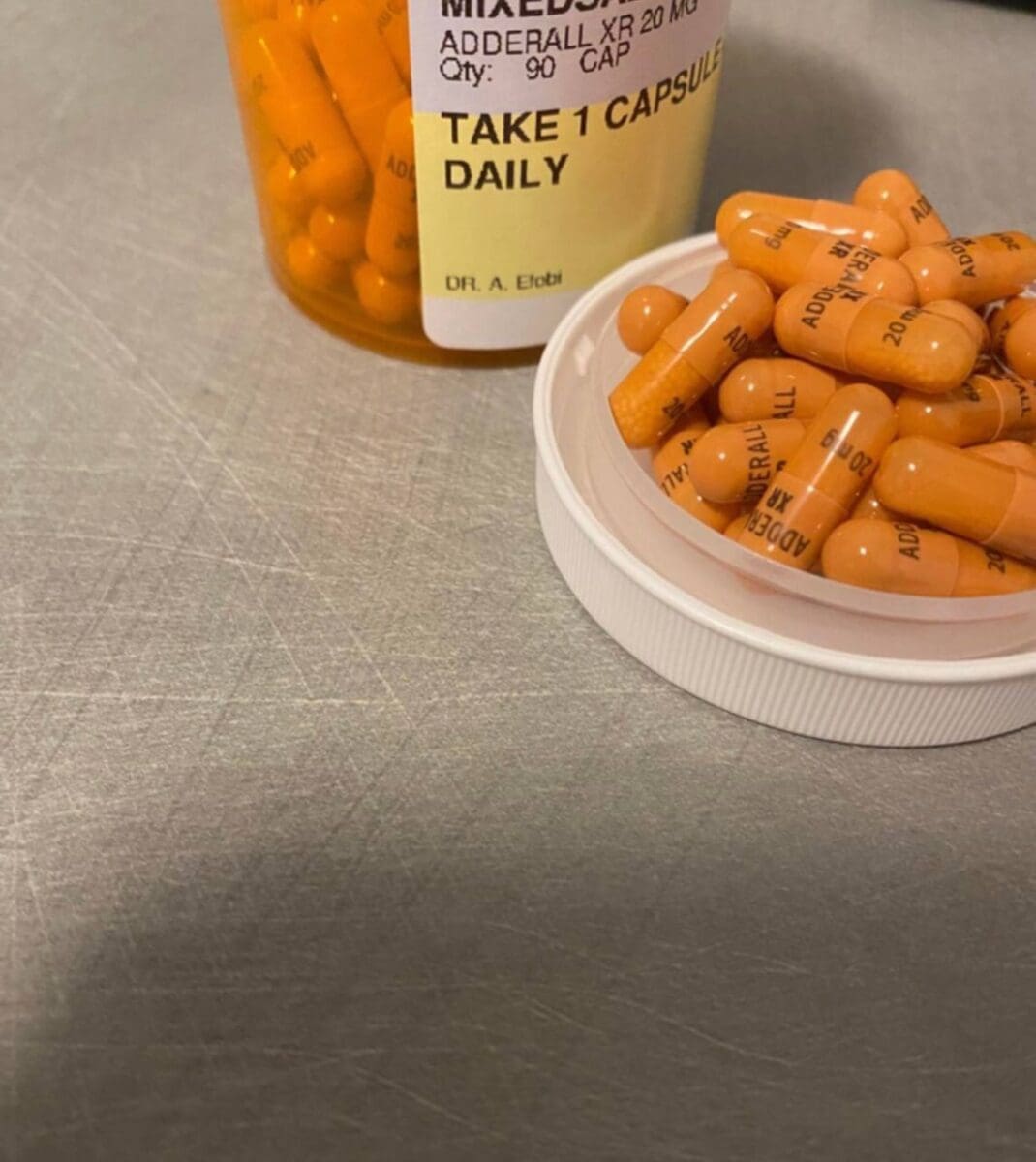What Is the Difference Between Hydrocodone and Oxycodone?
Hydrocodone and oxycodone are both pain relievers. They block your body’s pain signals, so they’re comparable. However, there are some distinctions in adverse effects.
Both are a painkiller called an opioid, which can be addiction-forming. Opioids originate from the poppy plant, but there are also human-made versions.
Your physician could recommend these medications to deal with severe pain that hasn’t improved with medicines that aren’t as strong, like acetaminophen or nonsteroidal anti-inflammatory drugs (NSAIDs).
You may take these pain relievers briefly after surgical treatment or an injury like a broken bone. Or you could take them longer to manage chronic discomfort from illnesses like cancer or joint inflammation.
Research reveals both hydrocodone and oxycodone work well for short-term pain. However, when you take them for over a couple of months, your body can use the medicine, which will not work either. Due to this, you require more of it to feel the same impact.
Opioids are several of the most commonly overused prescription medicines. Please talk with your physician about how to securely take them to decrease your risk for dependency and misuse.
Kinds
You can take either drug alone or with another pain reliever like acetaminophen, aspirin, or ibuprofen.
They could be in liquid, tablet, or pill form. Both likewise come in extended-release (EMERGENCY ROOM) capsules and tablet computers. They gradually launch the medication into your body so it lasts longer. Emergency room versions are not meant to treat short-term pain like yours after surgical treatment.
Dosages
Hydrocodone and oxycodone can be found in many different dosages. The dosage your physician recommends depends on the following:
Your age
The source of your discomfort and how serious it is
How long you’ll take the medicine
Whether you have heart, lung, liver, or kidney condition
Various other drugs you take
Your risk for addiction and misuse
Specialists state you need to start with a low dosage. Your medical professional can elevate it if you require even more discomfort alleviation. Follow your medical professional’s directions, and read the tag when taking these medicines. Do not take more seriously than the guidelines say you should.
Exactly how and When to Take Them
You take oxycodone every 4 to 6 hours, or as needed, to handle your discomfort. The same applies if you take a type that includes one more medicine, such as acetaminophen, painkillers, or ibuprofen. You need to take the extended-release variations once or twice daily.
Hydrocodone extended-release pills are usually taken as soon as every 12 hours. The extended-release tablet computer is generally taken once daily.
Ask your physician whether you should take them with or without food. Drink a lot of water to ingest the extended-release pills or tablets.
Do not quit taking these medicines without informing your medical professional. When your body expects the medication but doesn’t get it, you could experience withdrawal. That can trigger migraines, irritability, and other symptoms. However, this only occurs when you routinely use the medicine.
How to Store
Your medicine needs to stay in the bottle it was available in. Do not place it in the shower room or anywhere else with much moisture. Maintain it away from kids. Your pharmacist can inform you what to do with ended medicine.
Negative effects
Hydrocodone and oxycodone have most of the same side effects, like:
Dry mouth
Tummy pain
Nausea or vomiting and throwing up
Headache
Dizziness
Modifications in heartbeat
Hives
Itching
Swelling of the face, lips, and tongue
Difficulty breathing or swallowing
Yet hydrocodone can make you feel weary, while oxycodone is most likely to make you drowsy or constipated.
Taking excessive can lead to an overdose, which creates these signs and symptoms:
Weakness or lightheadedness
Sluggish heartbeat
Trouble breathing
Cold, clammy skin
Seizures
Medicine Communications
Your threat of significant adverse effects may be higher if you take other drugs with hydrocodone or oxycodone. Ensure your medical professional learns about all the medications and supplements you use.
Particular medicines that dispirit the central nerves are dangerous since the mix can decrease your breathing and heart price and even place you in a coma. These consist of:
Anti-anxiety medicines
Antihistamines
Anti-nausea medicines
Antipsychotic medicines
Anti-seizure medicines
Benzodiazepines and other sedatives
Muscle relaxants
Parkinson’s illness medications
Various other opioid discomfort medications
Sleep help
Some medicines can transform the amount of hydrocodone or oxycodone released into your blood. Excessive can result in an overdose. Insufficient can maintain your suffering and cause withdrawal signs. Beware with:
Antibiotics
Antifungal medications
Cancer cells medicines
HIV drugs
Rheumatoid arthritis drugs
Taking hydrocodone or oxycodone with antidepressants can bring about an unsafe accumulation of the brain’s chemical serotonin.
Other nonprescription drugs and supplements to prevent consist of:
Alcohol
Kava kava
Marijuana and marijuana products
St. John’s wort
Drug Warnings
Long-lasting use of these medicines (like for continuous discomfort) can lead to dependency and misuse. That’s why it’s essential to keep your doctor’s visits. They’ll deal with you to see to it you utilize them the proper way.
There are several other issues to be familiar with.
Breathing issues. Hydrocodone and oxycodone can slow your breathing and keep you from getting sufficient oxygen. That can be hazardous if you have breathing issues, including asthma and COPD.
Irregular bowel movements. Opioids can cause significant bowel irregularity. You’ll likely need to take them with a laxative or stool conditioner. Do not use them if you have an intestinal clog.
Kidney/liver illness. You may require a lower dose if you have issues with your kidneys or liver because those problems make it harder for your body to get rid of the medicine.
Pregnancy/breastfeeding. These medications make their means into your child’s body via the placenta in your breast milk. That can create health issues for your newborn, including withdrawal symptoms. There’s additional proof they might cause congenital disabilities, lousy development, preterm birth, or stillbirth.
Safety. Hydrocodone and oxycodone can be harmful for a youngster who gets hold of one pill. Keep them securely out of reach.
Prices
The price depends on your form and dosage and what your insurance policy covers (if you have it).
Some insurance providers have stopped covering particular opioids. They’ve changed to medications they say are less likely to be abused. Talk to your insurance policy strategy to see which opioids you can get. They may pay for various types if they do not pay for the one your doctor recommended. forms



